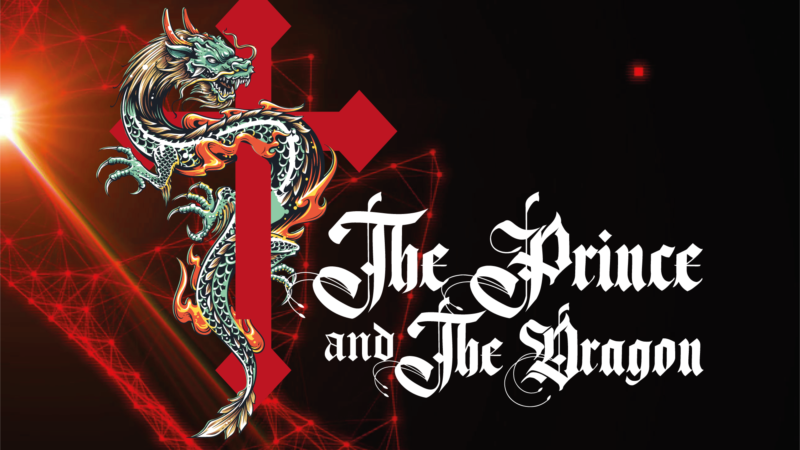Zechariah’s Song, or: The Song of the New Exodus (Luke 1:68-79)
As Zechariah the Priest contemplates the first Christmas ever, he begins to realize that the Roman empire is not the enemy — he is. And then he realizes it doesn’t matter, because God is a “me for everyone” kind of God.

